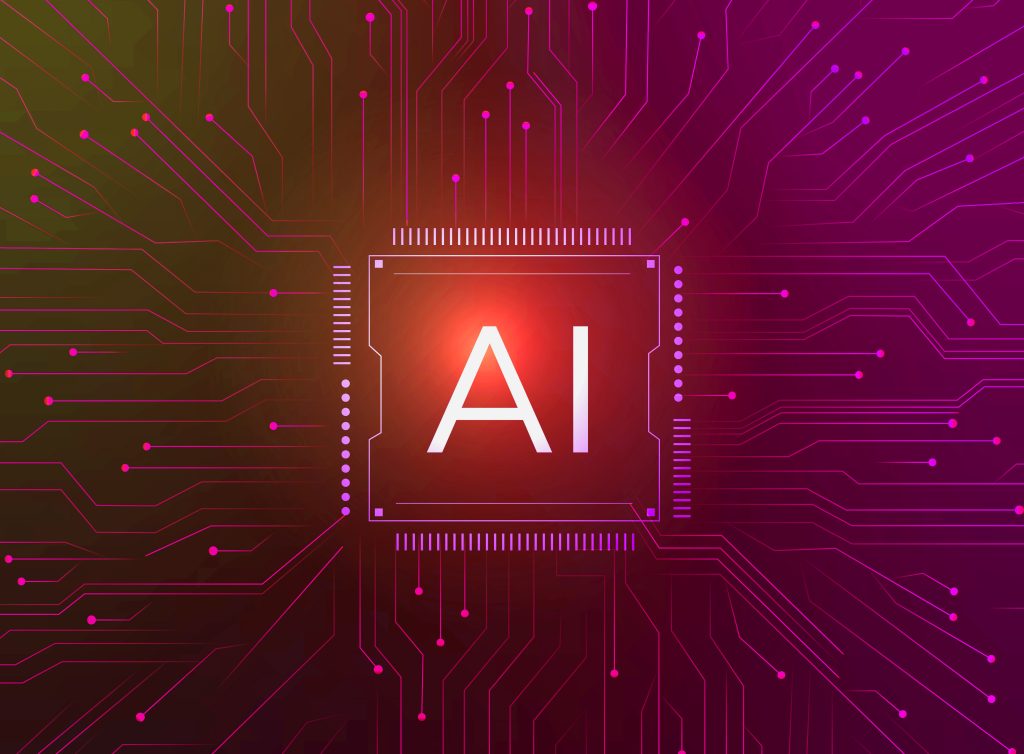In the ever-evolving landscape of modern business, efficiency is paramount. Time is money, as the saying goes. Organizations are continually seeking ways to streamline processes, boost productivity, and stay ahead of the curve. In this quest for optimization, one tool has emerged as a game-changer: Artificial Intelligence (AI). From automating repetitive tasks to providing data-driven insights, AI has revolutionized the workplace, profoundly impacting how we work and the results we achieve.
The integration of AI technologies into various aspects of business operations has brought about a paradigm shift. Fundamentally altering the traditional workflow dynamics. Whether it’s in customer service, marketing, finance, or logistics, AI has permeated virtually every industry, offering innovative solutions to age-old challenges.

Efficiency
One of the most notable ways Artificial Intelligence has enhanced efficiency in the workplace is through automation. Mundane, repetitive tasks that once consumed valuable time and resources can now be delegated to AI-powered systems. For instance, in administrative roles, AI chatbots are increasingly handling routine inquiries. It’s freeing up human employees to focus on more complex and strategic endeavors. This not only accelerates response times but also ensures consistency and scalability. These bots can handle multiple queries simultaneously without fatigue or error.
Decision Making using AI
Moreover, AI has revolutionized data analysis and decision-making processes. With the exponential growth of data in today’s digital age, organizations are inundated with information, making it increasingly challenging to extract actionable insights efficiently. AI-powered analytics tools, however, can sift through vast datasets with lightning speed, identifying patterns, trends, and correlations that might elude human analysts. This capability enables businesses to make data-driven decisions swiftly, optimizing everything from marketing campaigns to supply chain management.
AI in CRM
In the realm of customer relationship management (CRM), Artificial Intelligence has ushered in a new era of personalized interactions and predictive analytics. By leveraging machine learning algorithms, businesses can analyze customer behavior, preferences, and past interactions to anticipate their needs and deliver tailored experiences. This not only enhances customer satisfaction but also fosters loyalty and retention, ultimately driving revenue growth.
Creativity
Furthermore, Artificial Intelligence has revolutionized the creative process in fields such as content creation, design, and music composition. Advanced algorithms can generate compelling written content, design layouts, and even compose music autonomously, augmenting human creativity rather than replacing it. By automating repetitive creative tasks, AI empowers professionals to focus on ideation, innovation, and higher-level strategic thinking, leading to more impactful outcomes.
Healthcare
In the realm of healthcare, Artificial Intelligence is revolutionizing patient care, diagnosis, and treatment planning. Machine learning algorithms can analyze medical imaging scans with unprecedented accuracy. It can aiding radiologists in detecting anomalies and making diagnoses faster and more reliably. Additionally, AI-driven predictive analytics models can forecast disease outbreaks, optimize hospital resource allocation. Even it can identify patients at risk of readmission, thereby improving overall healthcare efficiency and outcomes.
Others
The impact of Artificial Intelligence on workplace efficiency extends beyond individual tasks and departments. It also fosters collaboration and knowledge sharing on a global scale. Through AI-powered collaboration platforms, teams can communicate, brainstorm, and collaborate in real-time, regardless of geographical barriers. These platforms facilitate seamless document sharing, version control, and project management, streamlining workflows and enhancing productivity across the organization.
However, despite its myriad benefits, the widespread adoption of AI in the workplace also raises important ethical and societal considerations. Concerns about job displacement, data privacy, algorithmic bias, and the concentration of power in the hands of tech giants have sparked debates about the responsible use of AI and the need for regulatory oversight.
It’s true that Artificial Intelligence has the potential to automate certain tasks traditionally performed by humans. It also creates new opportunities for upskilling and reskilling. Job creation in emerging fields such as AI ethics, data science, and human-AI collaboration. By embracing a human-centric approach to AI deployment, organizations can harness its transformative power while mitigating potential risks and ensuring a more inclusive and equitable future of work.
In conclusion, the integration of Artificial Intelligence technologies has profoundly enhanced workplace efficiency across diverse industries, revolutionizing how we work, collaborate, and innovate. From automating routine tasks to empowering data-driven decision-making, AI offers unprecedented opportunities for organizations. It can optimize processes, drive productivity, and deliver value to customers. However, realizing the full potential of AI requires a thoughtful and responsible approach that prioritizes ethical considerations, human well-being, and societal impact. By harnessing the power of AI responsibly, businesses can unlock new levels of efficiency. It can also unlock creativity, and competitiveness in the digital age.